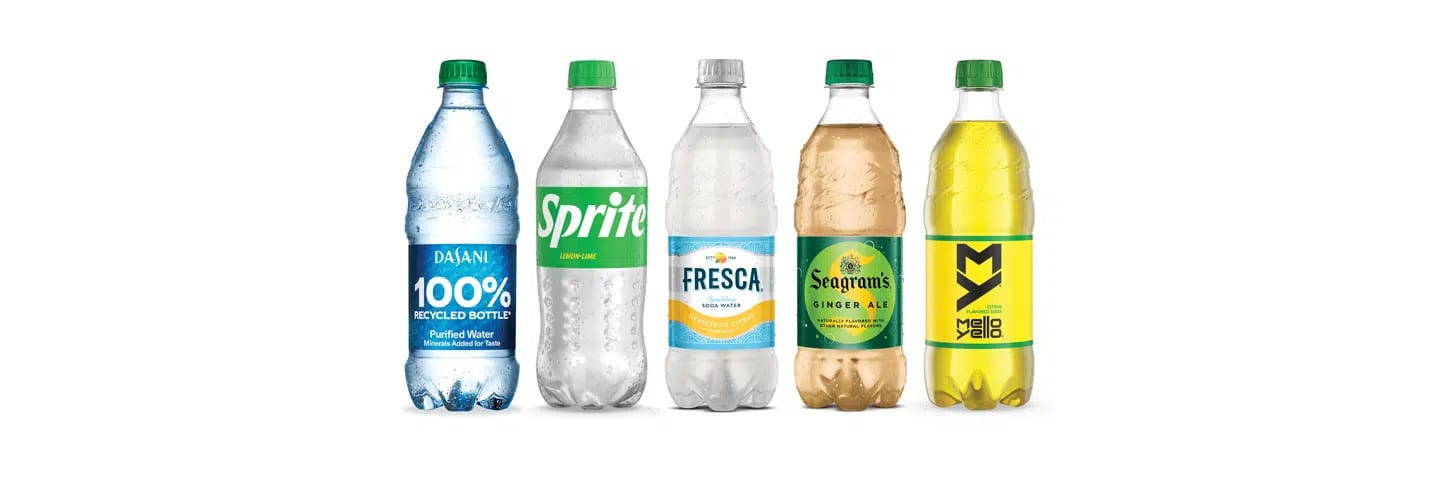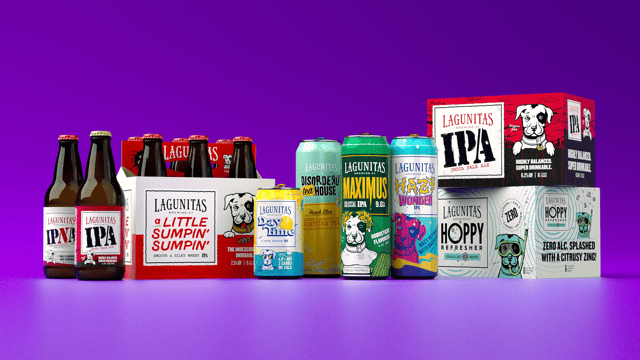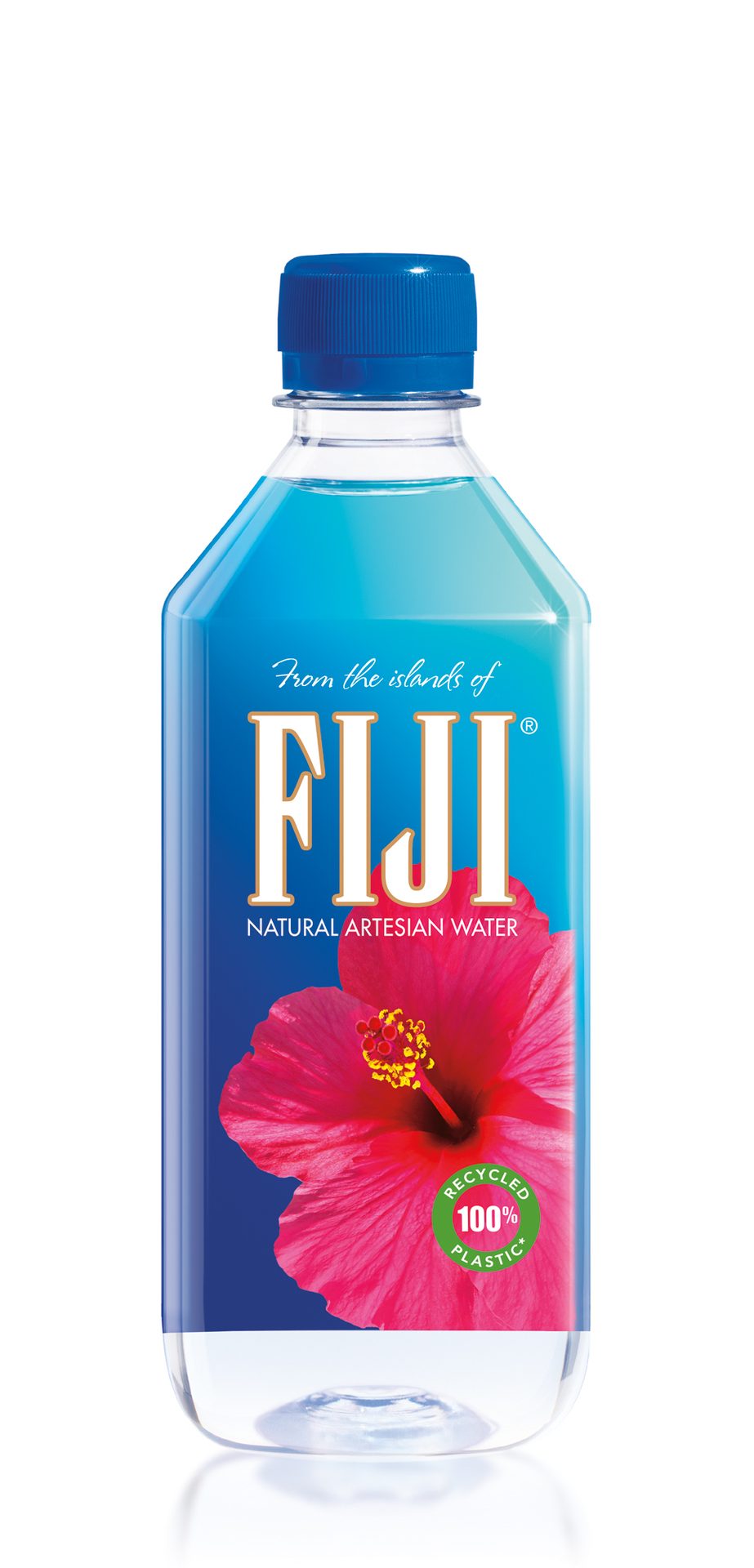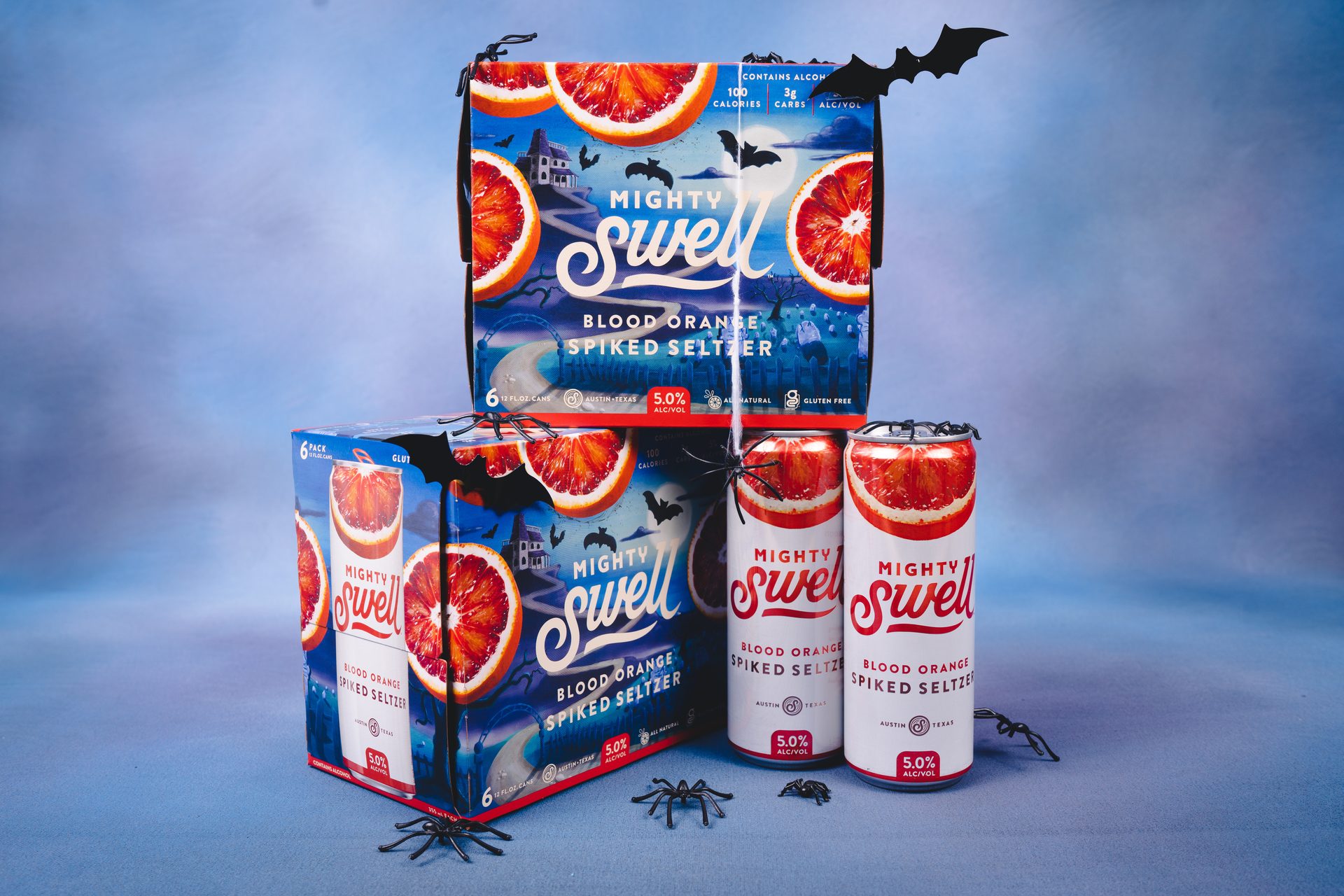Packaging
Story
Sustainability’s power over beverage packaging
By Chloe Alverson
Many cartons, pouches being made in eco-friendly ways
(Image courtesy of Pactiv Evergreen)
On the banks of the Red Cedar River in East Lansing, Mich., lies Michigan State University (MSU). The university’s students, the Spartans, have a chant to spot fellow Spartans. The group will yell “Go green!” and the fellow Spartans shout “Go white!” in response.
With each passing year, it seems that more and more companies are taking strides to “go green,” though not for MSU. Whether that be in the fashion industry or energy industry, companies are coming to understand that sustainability must be a priority, as it has become a priority for the consumer.
In the beverage industry, specifically in packaging, changes are being made to implement sustainable practices and produce environmentally friendly packaging.
Katie Simmons, marketing director for food and beverage packaging manufacturer Pactiv Evergreen, Inc., says that recycling and other sustainability measures have had a “major impact” on beverage packaging. As beverage consumers opt for packaging that is recyclable, they also want packaging that is “made with renewable materials” and protects natural resources, she notes.
“We recently completed a national consumer trends study with our partners at EcoFocus Worldwide, examining trends in consumer attitudes and practices toward sustainable beverage packaging,” Simmons says. “According to the 2022 EcoFocus study findings, when it comes to sustainability, recyclable packaging continues to be a high priority for most grocery shoppers, and recycling is the most important environmental consideration for beverage packaging.”
The Lake Forest, Ill.-based packaging company has a product line, PlantCarton packaging, made from trees where responsible forestry practices are used.
“PlantCarton packaging provides solutions that meet these consumer priorities,” Simmons says. “Grocery shoppers rate refrigerated paper-based cartons, like our PlantCarton packages, very highly (No. 2 behind glass) on having a positive or neutral impact on health and the environment.”
The Texas-based packaging company is working to produce their cartons in a sustainable way. (Image courtesy of Tetra Pak)
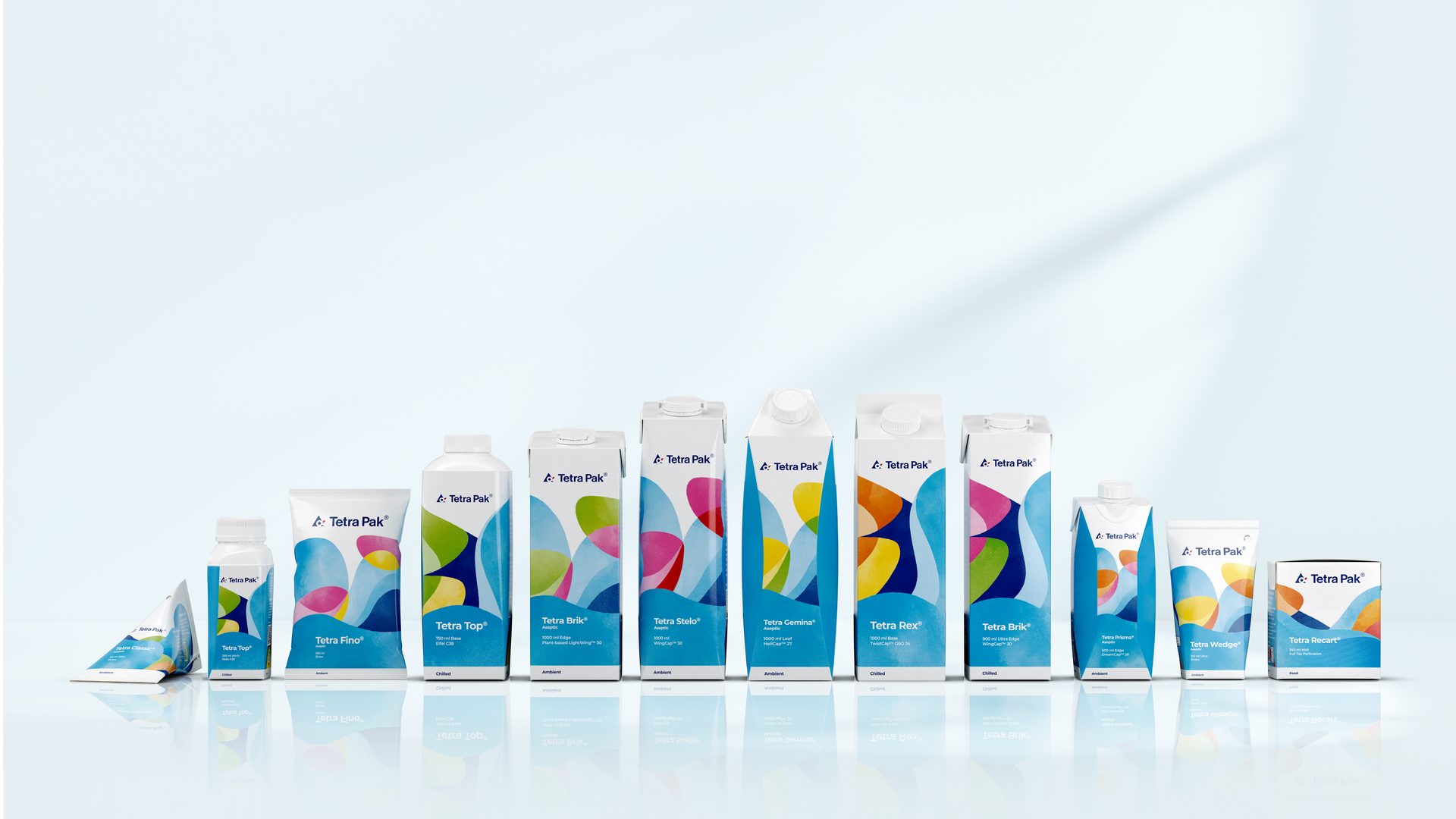
Further, although 75% of grocery shoppers say that beverage packaging can change the taste of their beverage, consumers believe that refrigerated beverage cartons are less likely to affect taste compared with metal and plastic packaging, Simmons notes
“From a sustainability point of view the EcoFocus study shows consumers are thinking about packaging that is made with renewable and recyclable materials,” she says. “Toward that end, consumers are putting priorities on packaging made with paper and renewable resources and want companies and brands to protect natural resources and practice sustainable forestry.
“With PlantCarton packaging solutions, over 70% of every PlantCarton package is made with a renewable resource, paper. Our cartons are recyclable and made from trees grown in forest where responsible forestry practices are used, the overall rate of growth exceeds removal and environmental impacts are minimalized,” she continues.
Tetra Pak, Denton, Texas, also aims to provide packaging in an eco-friendly way. Pedro Goncalves, vice president of market for Tetra Pak in the United States and Canada, shares similar sentiments, noting that beverage packaging has “seen quite a lot of innovation” in the realm of going green because of growing consumer demand.
“Tetra Pak is working toward the goal of our packaging being made solely from plant-based or recycled packaging materials, with the carton itself also being recyclable, and fitting into a low-carbon circular economy without ever compromising food safety requirements,” Goncalves says. “To move closer to this ambition, we have a portfolio strategy focusing on renewable packaging, sustainable openings, recycled content and ensuring we design with recyclability in mind.”
“Lightweight, shelf-stable aseptic and retortable cartons are a great fit in the eCommerce channel, and we expect more brands to adopt cartons as they develop their online grocery strategies.”
— Pedro Goncalves, vice president of market for Tetra Pak in the United States and Canada
He adds that the overall renewability of packaging has experienced growth, specifically with plant-based plastic coatings and caps. And although sustainability is a “large and important trend in beverage packaging,” Goncalves notes that companies continue to look past recycling and consider the carbon impact of materials and manufacturing.
“It is part of our ambition to cultivate a mindset where we contribute more than we take,” he says of Tetra Pak. “The world is changing quickly and the food and beverage industry will have to adapt to evolving consumer expectations, a changing climate and increasing demand on food systems and availability.”
Beverage cartons, pouches and convenience
Beverage categories such as the dairy sector have seen an uptick in the use of cartons, specifically for non-dairy milk substitute packaging. Pactiv Evergreen’s Simmons notes that many non-dairy milk substitute brands prefer their PlantCarton packaging, “or other refrigerated cartons.”
“In addition to the visual association with the dairy case, we believe this is due to the value that users of milk alternatives place on health and sustainability — which cartons support,” Simmons says. “The fastest-growing segment in the milk alternatives category, oat milk is primarily in paper-based cartons.”
Tetra Pak’s Goncalves echoes the idea that the increase in demand for carton packaging mainly is because of consumers’ desire for sustainable packaging and shelf-stable items.
“Consumers can trust that our cartons are designed specifically to protect the contents held within and that is the very foundation on which our company was founded,” Goncalves says. “Our aseptic packaging can keep food and beverages shelf-stable for a year, in some cases, without the need for added preservatives.”
Goncalves considers product protection to be one of the biggest benefits of using carton packaging. He adds that grocery eCommerce is “driving the need to rethink traditional packaging.”
“Lightweight, shelf-stable aseptic and retortable cartons are a great fit in the eCommerce channel, and we expect more brands to adopt cartons as they develop their online grocery strategies,” he says.
He claims that Tetra Pak’s research “shows cartons project an image of natural, high-quality and sustainable products,” which is why many beverage producers are opting for aseptic carton packaging.
Additionally, with the popularization of active, health-driven lifestyles, comes the need for nutritious meals and on-the-go beverages that are packaged ready for consumption.
“With this, the trend toward ready-made meal replacements, protein shakes and other products to take outside home will only grow,” Goncalves notes. “We are seeing these types of products take off in the carton packaging format. The portability and convenience of break proof carton packaging has also meant that wine and ready-to-drink (RTD) cocktails in cartons are becoming increasingly popular.”
Overcoming pouch and carton packaging obstacles
One consumer concern regarding packaging is that the recyclable packaging in their recycle bin does not actually get recycled. Pactiv Evergreen’s Simmons notes that, according to the company’s 2022 research, about 61% of consumers said they would recycle more often if they know that what they were recycling was being done so reliably. Pactiv Evergreen partners with the Carton Council, which works to prevent cartons from entering landfills.
“Continuing to work together as an industry to improve recycling, and consumer confidence in recycling, like we do with the Carton Council, is important,” Simmons explains. “Pactiv Evergreen partners with the Carton Council, an industry organization committed to divert cartons from landfills by expanding access to recycling and increasing the rate of recycling participation.”
She adds that the Carton Council has made “important and remarkable progress” over the last decade to increase awareness of carton recycling. Tetra Pak’s Goncalves notes that the company, along with other packaging manufacturers, came together to form the Carton Council of North America in 2009. Since then, access to carton recycling has grown over 240%.
“Through the Carton Council, we work to increase the number of U.S. households that can recycle cartons through curbside and drop-off programs,” Goncalves says. “Tetra Pak is committed to further increasing both access to and participation in carton recycling, working via the Carton Council to enhance recycling infrastructure with new technology like sorting robots, educating consumers on recycling, industry collaboration and working across the recycling value chain.”
Pactiv Evergreen’s Simmons adds that consumers are looking for products with more instructions and information regarding recycling.
“The package is becoming more and more a part of the product being sold, and shoppers want packaging to align with the contents,” she says.
Such demands, along with cultural and demographic trends, have put extra pressure on the packaging industry, points out Tetra Pak’s Goncalves.
“Now, more than ever, the industry has a call to action for change, and this puts more demands on the packaging industry to be efficient in any channel, preserve food in the most natural way possible, to be applicable in new and different consumption occasions, and to also deliver minimal environmental impacts,” he says. BI
